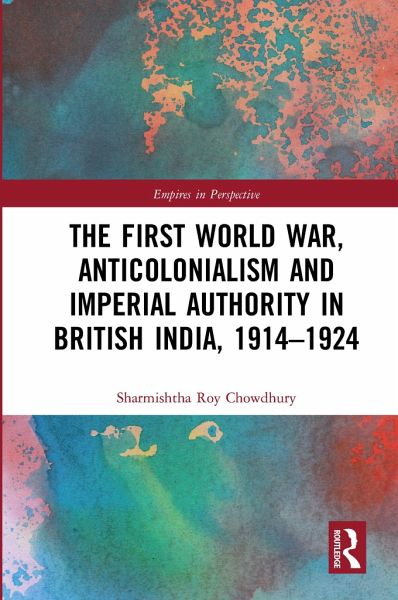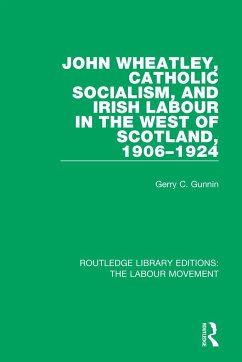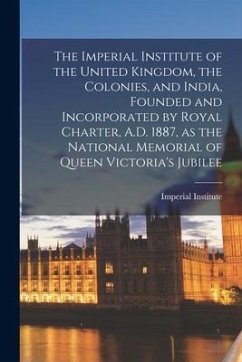
The First World War, Anticolonialism and Imperial Authority in British India, 1914-1924

PAYBACK Punkte
28 °P sammeln!
Between 1914, when the Great War began, and 1924, when the Ottoman Caliphate ended, British and Indian officials and activists reformulated political ideas in the context of total war in the Middle East, Gandhian mass mobilisation, and the 1919 Amritsar massacre. Using discussions on travel, spatiality, and landscape as an entry point, The First World War, Anticolonialism and Imperial Authority in British India, 1914-1924 discusses the complex politics of late colonial India and the waning of imperial enthusiasm. This book presents a multifaceted picture of Indian politics at a time when total...
Between 1914, when the Great War began, and 1924, when the Ottoman Caliphate ended, British and Indian officials and activists reformulated political ideas in the context of total war in the Middle East, Gandhian mass mobilisation, and the 1919 Amritsar massacre. Using discussions on travel, spatiality, and landscape as an entry point, The First World War, Anticolonialism and Imperial Authority in British India, 1914-1924 discusses the complex politics of late colonial India and the waning of imperial enthusiasm. This book presents a multifaceted picture of Indian politics at a time when total war and resurgent anticolonial activism were reshaping assumptions about state power, culture, and resistance.














